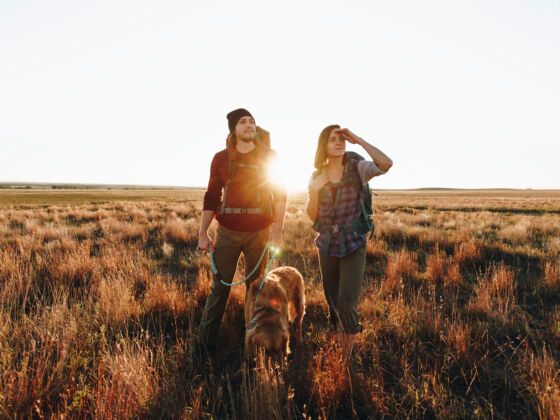FROM THE AGE OF 20 TO 25, I WAS TRAVELING non-stop. There were a few pit stops at home to make money and mooch off of my parents, but in that time period, I studied abroad twice, visited 25 countries, 30 states, did an internship in China, and got a Master’s degree in London. I liked to unironically tell people that I was a “citizen of the world,” and a “man without a country.” I once told my mom that she couldn’t really talk to me about India because she “hadn’t experienced it.”


I Traveled Nonstop for 5 Years. Here's What I Learned, and Why I'm Glad It's Over
I was the type of person who would go out of his way to take the 24-hour route from Cincinnati to San Salvador (bus-flight-night on the airport floor -flight-bus) when the 5 hour direct-flight only cost about $50 more. I was a vagabond, a backpacker, a wanderer. I was the fucking worst.
At age 25, while living in London, I decided to take a solo weekend trip to Bruges in Belgium. I read on the train, and then when I got there, found that I didn’t want to talk to anyone in my hostel, so I read in cafes, then read in bars, then read in public squares until it was time to go back to London. I finished 3 books that weekend and didn’t interact with anyone except customs agents. After that, I stopped traveling. Here’s what I learned.
Travel is mostly about escapism.
I graduated from college in 2008, right as the market crashed, and with a degree in journalism, which all of my professors told me was dead. The prospect of entering the “real world” turned into a constant, quiet, throbbing panic. Our friends in medicine, science, or engineering were able to go straight back into school upon graduation, meaning they wouldn’t have to face the job market before it improved a few years down the road, but the humanities and liberal arts students had to choose: they could pick up superfluous master’s degrees, go back to work at former high school jobs while living with our parents, or travel.
“It makes sense that [Millennials would] travel now, instead of saving travel for a future that is in no way guaranteed,” my colleague Amanda Machado wrote last year in The Atlantic. We pretended that the travel was an investment in ourselves, but honestly, travel looks about as impressive on a resume as “fluent in Microsoft Word.” We weren’t doing this for the future job opportunities: we were doing this to escape drudgery.
Most travelers I knew liked to parrot that old Tolkein quote, “Not all who wander are lost,” as if they were among those who wandered with a purpose. But from what I saw, travel was mostly hedonistic — we’d get drunk, fuck strangers, and get adrenaline rushes that weren’t as cheaply available as they were at home. The implication of that Tolkein quote that we all ignored was that most who wander actually are very, very lost.
Bucket lists are bullshit, and having every item on yours ticked off does not make your life fulfilling.
My method for travel was this: pick a place. Stop at every other place I could on the way just to say I’ve been there. Do and see as much of the standards as possible. Tick those off the bucket list. So, for example, when I went to Paris with my friends, we did the Louvre, Notre Dame, the Eiffel Tower, Sacre Coeur, The Moulin Rouge, The Latin Quarter, and the Arc de Triomphe in a single day. If you have spent even 5 minutes in Paris, you know this is nonsense. It’s such a shotgun spray of the tourist must-dos that it basically guarantees that we would get no sort of depth to any of the above.
I’ve never actually seen The Bucket List, but the concept it introduced us to is evil. Life is not a to-do list, and approaching it in this way is a pretty sure-fire way of guaranteeing that your life will not be fulfilling.
Travel is essential. So are periods of staying still.
When I tapered off on my travel binge, a lot of things started happening: First, I met my future wife. Then I settled down and got a steady job. Then, I made enough money to quit that job and become a writer. I got in shape. I became reflective about who I am as a person. I dealt with my escapist anxiety — which, until then, I had referred to as “wanderlust.” And, finally, I started to travel again. But slowly and with purpose. When I travel now, it is thoughtful, it is deliberate, and it is slow. My travels since I slowed down have been infinitely more rewarding. They’ve been less frantic, less exhausting, and way more fun.
Movement is essential to life, but so is stillness. If you can’t appreciate one, you can’t fully appreciate the other.